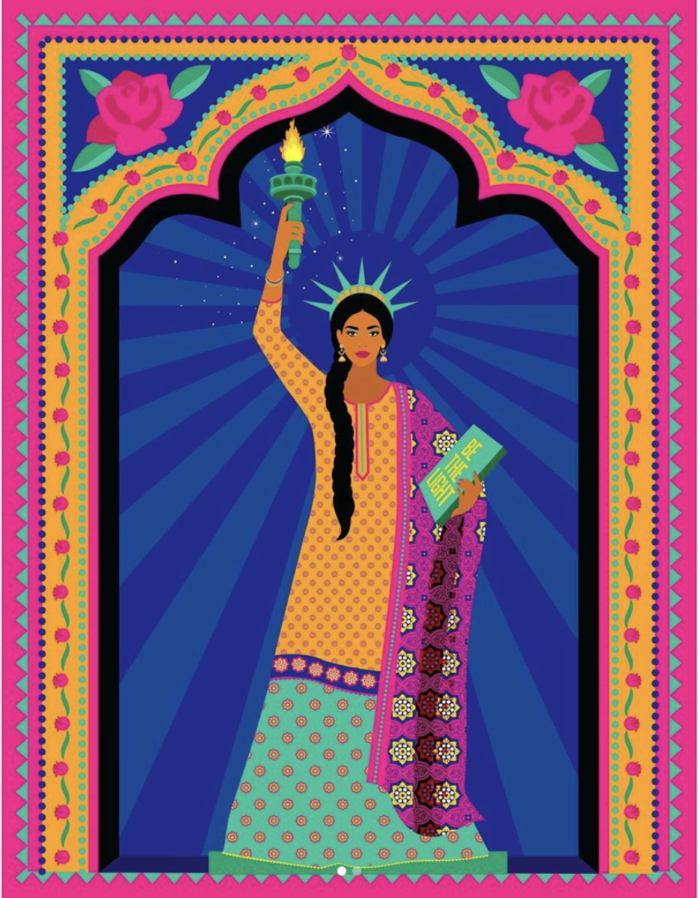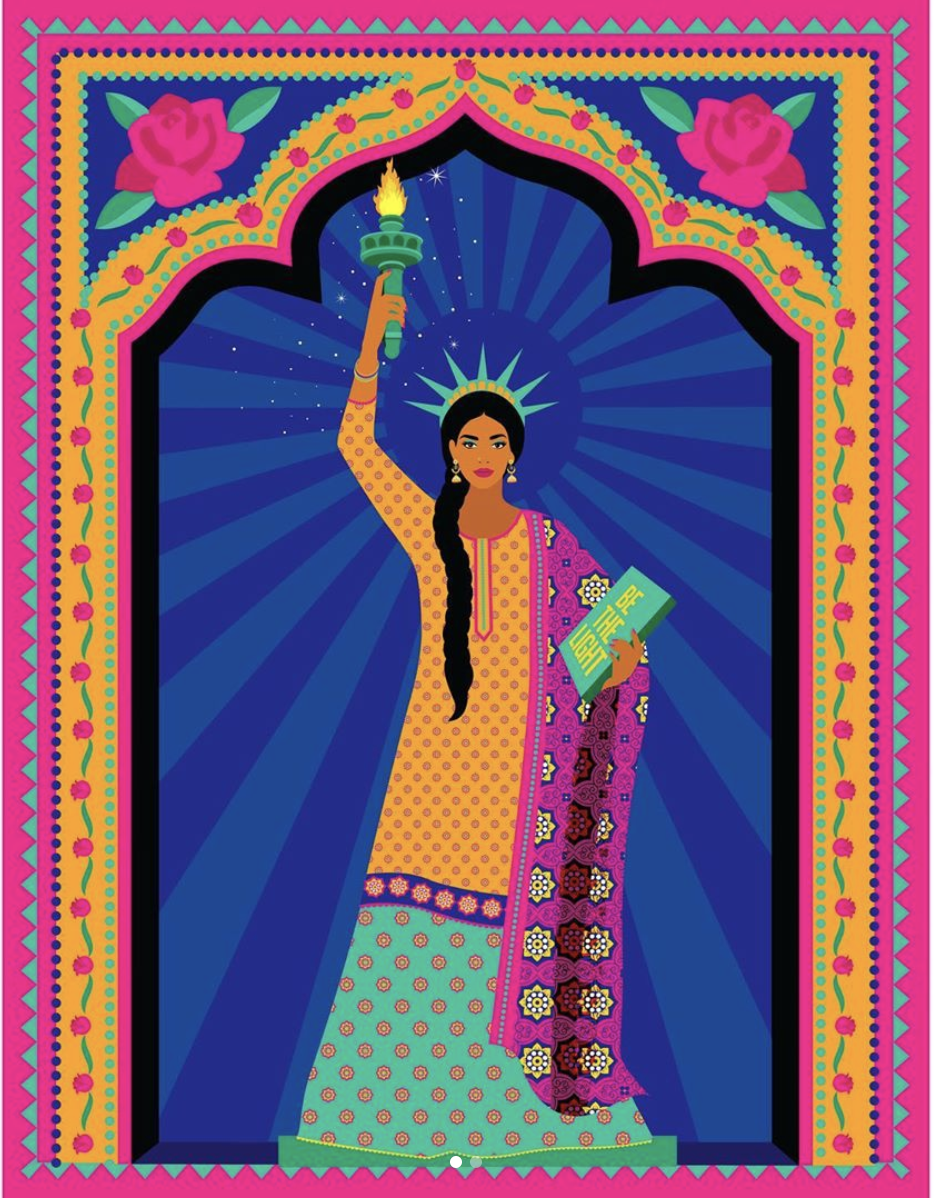I remember sitting in my college apartment bedroom, hanging out with friends and feeling like I was looking in from the outside. We were having a politically-driven, intellectual discussion that on any other day I would’ve loved to take part in. But all I could think about was how nice it would be to lay down in some quiet. My friend would turn to me, speak, and I’d feel stuck—just like those old movie scenes where the lips of the person talking are moving but no sound is coming out. I’d nod nonchalantly, chuckle, and do my best not to show signs of exhaustion.
This is what burnout looks like.
Burnout is the state of mental, physical, and emotional exhaustion of the human body caused by an excessive amount of stress. At least, that’s the quickest and most textbook definition I could find for you. But let me tell you what my burnout looks like: it looks like half-written homework assignments because I just couldn’t get myself to keep writing anymore. It looks like barely washed dishes and an ever-growing pile of clothes taking over my living space because sleep and my bed are all that my brain will let me think about when I finally come home at nine each night. It looks like forcing every last bit of energy into pulling myself together to do the most mundane tasks—getting myself out of bed, brushing my teeth, putting on clothes. This isn’t all my burnout looks like. It also shows up as back-breaking pressure to do everything—be everything—because I have so many opportunities my immigrant mother never had. And if you tell me to take a break and relax a little, I’d ask you from what—life? Because he won’t stop calling my phone.
Why does burnout happen? Specifically for students, college is a breeding ground for stress: if we’re not cramming for finals or some other test, then we’re pulling all-nighters for procrastinated papers and neglected assignments. According to a 2018 Harvard Medical School study, “More than 20 percent of students reported experiencing six or more stressful life events in the last year. Stress exposure was strongly associated with mental health diagnoses, self-harm, and suicidality.” Up against social anxiety, heavy workloads, financial burdens, cultural stigmas, and societal expectations, many college students have to fight circumstances that may be completely out of their control.
This burnout, backed up by statistics and figures, only reflects upper and middle class, privileged students with family support or networks of guidance preparing them to bask in the opportunities that college can provide. This burnout is real, but it looks very different than the burnout of a first-generation college student navigating a world nobody they know has ever lived in before. The burnout of a young Black man looks different than his white counterparts because he is fighting to live in a system that is focused on demonizing every ounce of his being. The burnout of many people today whose identities meet at the crossroads of their oppression and who don’t have the luxury to run away from the world, so they choose to push through the rough waters of a system that will suck the life out of them.

So often we don’t even take into consideration the systemic forces that contribute to mental and emotional exhaustion. I have rarely ever placed my stress in a larger societal context. I didn’t know how systemic oppression like racism, sexism, xenophobia, or contemporary effects of colonization would trickle down into my own personal struggles and present themselves in my everyday problems. It shows up when I say no to family gatherings because I am tired of turning my American off and my Pakistani on so that I can act “appropriate” around relatives. When I’m beating myself up for not knowing how to budget the “right way,” I’m not thinking about the fact that as a first-generation student, I don’t know anyone else in my family who has tackled paying for college in America. I don’t think to give myself a pat on the back for winning against the odds because that is just what is expected of me from my family. As a Pakistani woman, I am socialized to aspire for perfection even when that ideal forces my own existence to be small, silent, and accommodating. I’ve been scared of turning down opportunities even when I didn’t have the mental capacity to produce because I was scared that then they would stop coming, and then I would dissolve into another pile of resumes and cover letters. I’ve had to work to create space for myself in rooms full of people hell-bent on pointing out my otherness: those who go out of their way to remind me that my English is very good and that they are somehow still surprised.
But navigating through my burnout and life struggle is still easier for me because I have privilege. My privilege of being a lighter-skinned Pakistani-American shelters me from the outright Islamophobia that is standard fare for Americans from Muslim countries. My privilege protects me from so much of the hate coursing through the veins of our system—but even then I feel suffocated. Imagine what life looks like for people who don’t have the luxury to take the color of their skin off and conform their identities to acceptable societal standards. Their burnout is very different than mine and yours.
The burnout phenomenon is a shared, lived, generational experience that young people today are suffering from. 16 different testimonies in Anne Helen Peterson’s article “Here’s What ‘Millennial Burnout’ Is Like For 16 Different People” provided a platform to discuss how intersections of identities contribute to overall stress levels. One woman says, “To middle class white women, work still seems like somewhat of a novelty. I’m an elementary school teacher. My mother was a social worker. My grandmother was a teacher and her mother was a slave. I was born burned out.” For others coming from poor homes and neighborhoods, burnout isn’t a surprise—it’s just reality. It’s normal to always be running with no finish line in sight.
In Tiana Clark’s eye-opening article “This is What Black Burnout Feels Like”, she writes that “Burnout for white, upper-middle-class millennials might be taxing mentally, but the consequences of being overworked and underpaid while managing microaggressions towards marginalized groups damage our bodies by the minute with greater intensity.” We all experience burnout because life can be intense, but many people of color, especially Black people, don’t feel as though they have the room to be exhausted and overwhelmed. I will not speak on what Black burnout feels like because that space does not belong to me. But I do notice when my boyfriend, a young Black man, tenses up every time a cop car drives past us. I notice the exhaustion in my best friend’s eyes when someone tells her to “relax” and “calm down” because “everything doesn’t need to be about race.” The weight of generational trauma and generational curses that many carry on their shoulders breaks their spirit more times than we can count.
This doesn’t mean that you or I can’t fight the burdening feeling of exhaustion. Self care, as many of us know it, is expensive, commercialized, and monetized. But self care starts first with you taking care of yourself. It begins by understanding that your emotional, physical, and mental health has to come before anything else. It is finding space in your life to manage expectations that force the weight of the world on your shoulders. I can’t give you or anyone the solution to our problems because I still don’t have that answer for myself. But I can leave you with this, a litany of reminders: that if I don’t put myself first, then this system will chew me up and spit me back out so that I can make it to work on time; that my worth isn’t measured by success, excellence, or my new job; and that I am worthy of love and happiness, no matter what.


Thank You for the mention! Checkout our apparel on SistasOfLiberty.com!